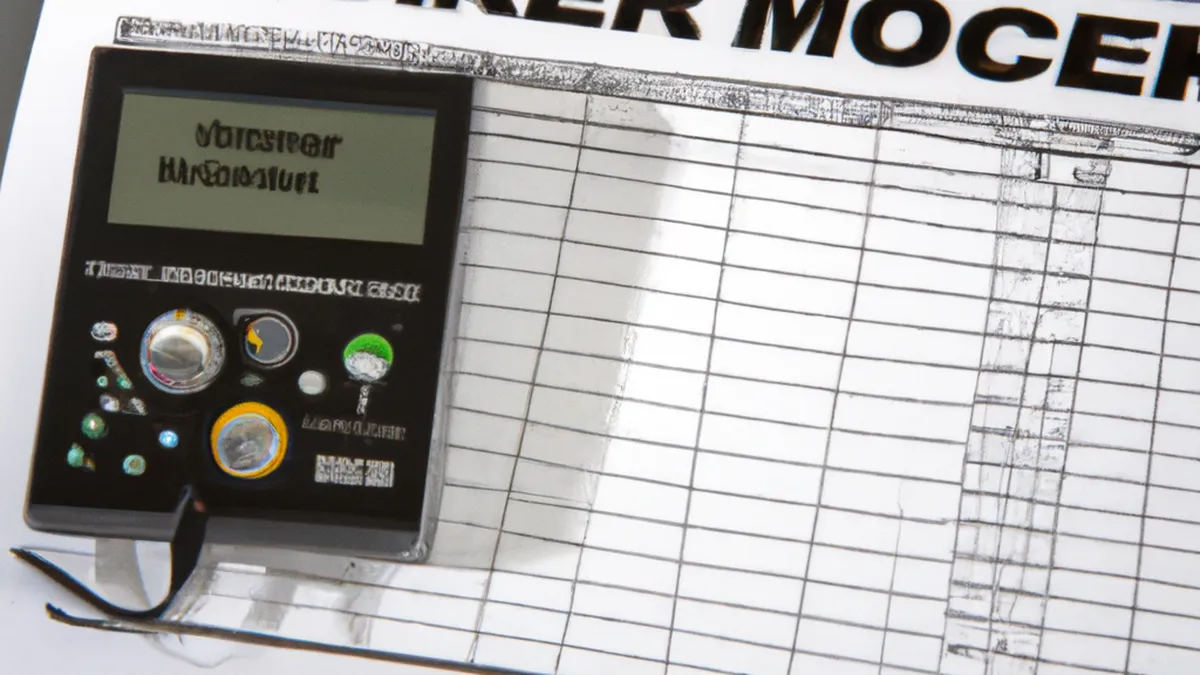Leading Effective Power Meter Workshops for Coaches
How to Conduct a Power Meter Workshop for Coaches
Power meters have become essential tools for coaches and athletes in sports training. These devices provide real-time data that enhances performance and optimizes training. Conducting a workshop on power meters empowers coaches to use this technology effectively, leading to better outcomes for athletes. Follow this guide to set up an engaging workshop.
Understand Your Audience
Before organizing your workshop, know your audience. Determine if the coaches have experience with power meters or are new to the technology. Understanding their background helps you tailor your presentation to their needs.
Assess Knowledge Levels
Engage participants through informal conversations or surveys. Inquire about their familiarity with power meters and their coaching experiences. This assessment helps you choose relevant topics and determine the depth of information.
Identify Key Objectives
Clearly define your workshop objectives. Decide if you want to educate coaches on reading data or implementing power training principles. Clear objectives keep your workshop focused and ensure valuable insights for participants.
Create an Engaging Agenda
An engaging agenda maintains participant interest and covers essential topics. Structure your workshop logically, gradually building on concepts.
Introduce Power Meter Basics
Start with the fundamentals. Explain what power meters are, how they work, and the types available. Use visuals like charts and videos to illustrate key points. This foundational knowledge prepares everyone for more complex topics.
Dive into Data Interpretation
Once participants grasp the basics, shift to data interpretation. Discuss how to read and analyze power metrics, explaining terms like Normalized Power (NP) and Training Stress Score (TSS). Provide real-world examples demonstrating the relevance of these metrics.
Implementing Training Strategies
After covering data interpretation, transition to training strategies. Share how coaches can integrate power data into training plans. Provide examples of effective workouts designed around power metrics. Encourage coaches to share their experiences, fostering collaboration.
Utilize Interactive Elements
Incorporate interactive elements to keep participants engaged and promote active learning. Dynamic workshops foster deeper understanding.
Group Discussions
Break participants into small groups and assign specific topics related to power meters. Encourage discussion and collaboration as they explore their topics. This format promotes peer learning and allows coaches to share insights.
Conclusion
Summarize the insights shared during the workshop. Reinforce key takeaways and encourage continued exploration of power meter technology.
Below are related products based on this post:
FAQ
What are the key objectives to consider when planning a power meter workshop?
When planning a power meter workshop, it’s essential to clearly define your objectives. Decide whether you want to educate coaches on reading data, implementing power training principles, or both. Having clear objectives helps keep the workshop focused and ensures that participants gain valuable insights.
How can I assess the knowledge levels of participants before the workshop?
You can assess the knowledge levels of participants through informal conversations or surveys prior to the workshop. Inquire about their familiarity with power meters and their coaching experiences. This assessment will help you tailor the content to meet their specific needs and interests.
What interactive elements should I include in the workshop to enhance engagement?
Incorporating interactive elements such as group discussions can significantly enhance engagement. Break participants into small groups and assign them specific topics related to power meters. This encourages collaboration and allows coaches to share insights, promoting a more dynamic and participatory learning environment.















Post Comment